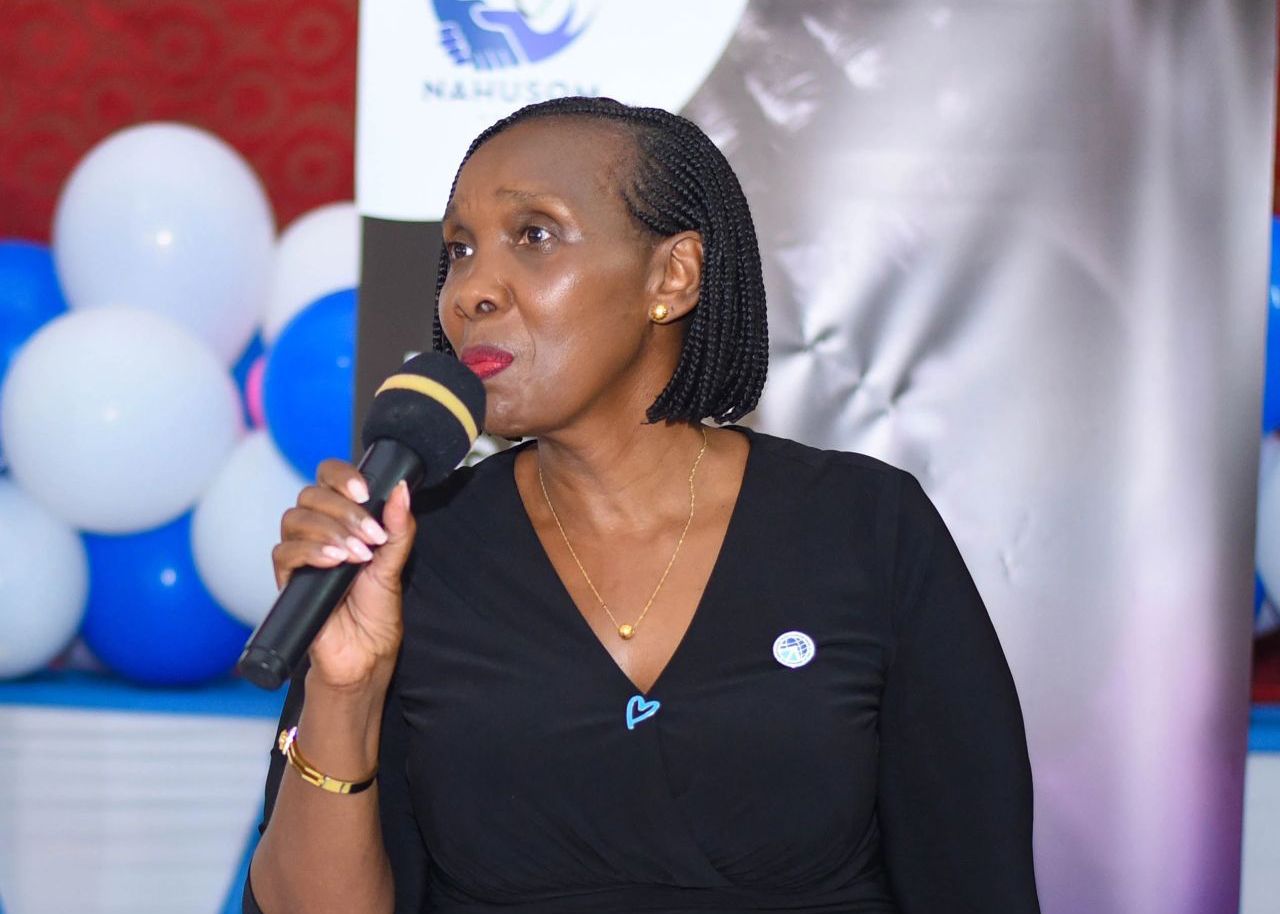Domestic work in Kenya is shedding its informal past, evolving into skilled, certified care. Formal training and tech platforms are equipping workers to claim space as professionals. At the heart of it is a grassroots movement demanding dignity and recognition for essential labour.

Bonface Orucho, bird story agency
When 23-year-old Faith Anyango stepped into a client’s house for an interview for a home manager in 2024, she didn’t just bring confidence. She brought credentials.
Fresh from completing a six-week training in homecare management at the Centre for Domestic Training and Development (CDTD), she laid out her certificate.
“The employer looked surprised,” she recalled during a telephone conversation. “She said, ‘You’re the first domestic worker I’ve met with actual training.’”
That moment was made possible by years of groundwork laid by Edith Murogo, who has spent over two decades pushing for professionalism in domestic work.
In 2001, Murogo turned her own home into a training space. Using each room as a classroom, she began equipping domestic workers with different skills.
“We were moving from room to room. Maybe today we learned how to set the sitting room, and tomorrow we’d go to the bathrooms,” she recalls. “My house became the first training ground. And I was the only teacher.”
At the time, Murogo was a young corporate professional and mother of three. Like many working women in Nairobi, she depended on domestic help but rarely found the quality or consistency she needed.
The challenge wasn’t just staffing. It was systemic.
Domestic workers, mostly women and girls, were providing essential care work with no training, no protections and no recognition.
“You want to be sure that the person staying with your children isn’t just keeping them alive,” she explained. “But actually providing professional care.”
When she was laid off from her job, Murogo decided to act on the idea she had been piloting in her backyard.
She invited more young women to her home, sketched lesson plans in the evenings, and taught everything from hygiene to meal planning, childcare, and eldercare.
Her domestic worker held the baby while she led lessons.
“I didn’t even think about money,” she says. “I just knew this work needed to be done, and it needed to be done with care.”
More than two decades later, that modest experiment has evolved into the Centre for Domestic Training and Development.
The organisation has trained over 10,000 domestic workers and developed Kenya’s official Homecare Management Curriculum, which is now recognised nationally.
The curriculum covers core areas of modern home care, including hygiene and sanitation, nutrition, time management, communication, caregiving for children and the elderly, and workplace rights.
Graduates receive a certificate of completion. This boosts their employability, confidence, and ability to negotiate better terms with employers.
“Imagine, the same notes I used at my dining table are now shaping how the country trains domestic workers,” she says. “That’s the power of believing in dignity.”
For economist and care economy expert Dr Julius Kirimi Sindi, this kind of formalisation is long overdue.
“For too long, domestic work has been treated as low-skill and left out of policy frameworks,” he says. “But managing a household requires multitasking, emotional intelligence, and serious coordination, skills that deserve recognition, protection, and fair compensation.”
Across Africa, domestic work is often the face of informality. It remains unregulated, poorly paid and overwhelmingly female.
According to the International Labour Organisation, over 85% of Africa’s workforce is informal. The figure rises to over 90% when North Africa is excluded.
Despite the essential role domestic workers play in childcare, eldercare and household stability, they remain excluded from national training systems and labour laws.
It’s this gap that CDTD set out to address.
CDTD has also developed the Homecare Hub App, a digital platform that connects certified domestic workers to employers in need of trained homecare professionals.
The app ensures job-matching is transparent and safe. It reinforces the legitimacy of trained caregivers as part of Kenya’s broader workforce.
“We’re saying domestic workers deserve structure. They deserve safety. They deserve to be seen as professionals, not as invisible help,” Murogo explains.
And in a region where informality accounts for nearly 38% of GDP, such models of professionalisation could shift not just households but entire labour markets.
According to Sindi, better conditions can also attract new talent to the sector.
“In places like Kenya, domestic work is facing labour shortages, not due to lack of need, but because working conditions and pay remain unattractive,” he explains. “Structured training and formal certification can help reposition this work as a respected career path.”
The sector is also beginning to move from the shadows into the spotlight.
On International Domestic Workers Day this June, ITUC-Africa renewed calls for countries to ratify ILO Conventions 189 and 190. These guarantee decent work and protection from abuse, especially for women in private households.
So far, only a few African countries—Mauritius, South Africa, and Guinea—have ratified Convention 189. Many more lag behind, despite growing advocacy across the region.
Africa is home to over 9.6 million domestic workers aged 15 and above, according to the ILO. They account for nearly 16% of paid female employment.
In several countries, domestic workers make up more than 12% of the total female workforce. Yet most remain excluded from labour protections like maternity leave, pensions or healthcare.
Even where legal reforms exist, enforcement is weak.
Migrant domestic workers face harsher conditions. In the Gulf, Kenyan workers are often trapped under the ‘kafala’ system. Recent Amnesty reports highlight cases of abuse and deception.
African unions have begun to push back. A complaint to the ILO has been filed, demanding better protections for migrant workers and stronger oversight of recruitment agencies.
There’s also growing local organising. Grassroots domestic worker associations now exist in more than 20 African countries, according to ILO. They are demanding inclusion and dignity.
Innovation is playing a role too. In South Africa, SweepSouth links workers to clients digitally, with built-in accountability. In Kenya, CDTD’s Homecare Hub App plays a similar role, matching trained workers with employers.
Sindi believes these efforts must now be matched by policy action.
“If governments truly want inclusive growth, they must integrate care economy policies into national development plans,” he says. “Domestic work isn’t just a stop-gap, it’s a vital sector that enables other parts of the economy to function.”
bird story agency





